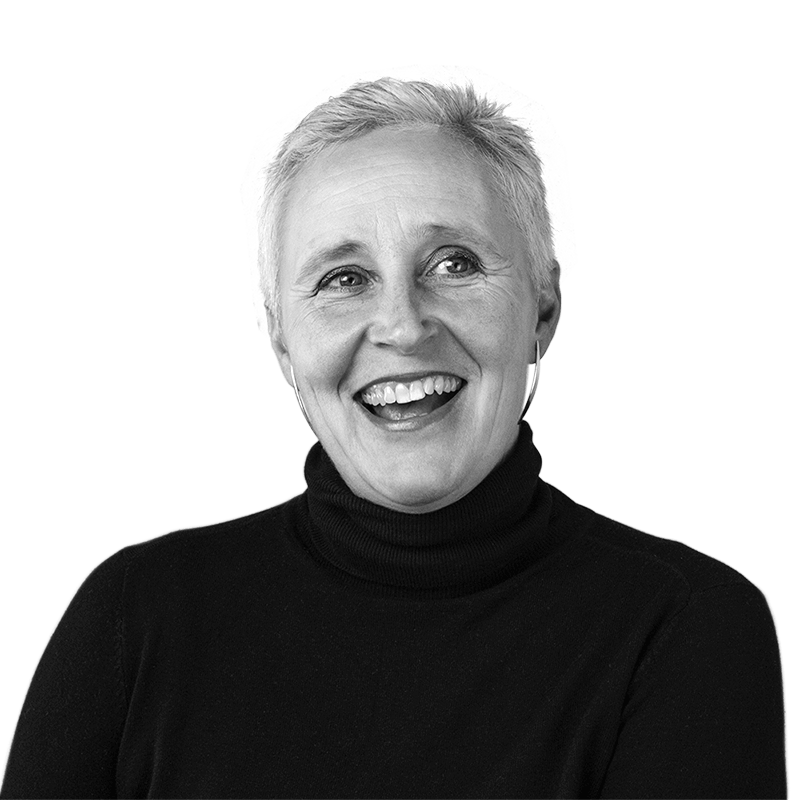Why it’s never too late to learn digital
14 July, 2016 Reading: 2:53 mins
Sarah Reakes, Managing Director for KISS, explores her transition from digital novice to digital savant. Sarah Reakes, Managing Director for KISS, explores her transition from digital novice to digital savant.
Sarah Reakes, Managing Director for KISS, explores her transition from digital novice to digital savant.
Three years ago, I thought I knew nothing about digital marketing, as I had spent the previous 20 years working successfully in traditional marketing across the globe. However digital was fast on the rise and I didn’t want to be left behind, so I decided to stop resisting the tide and immerse myself in the digital marketing revolution.
In today’s world, digital is all around us and it has changed the way that we communicate. People no longer distinguish between their offline and online life, looking instead for bite-sized snackable content that can be consumed wherever they are. Social media in particular has fundamentally changed the way that we interact and has provided a platform that allows us to engage with thousands of people globally. Today’s consumers no longer want to be talked at, they want to be entertained and communicate collaboratively with others.
We should define what we mean by digital marketing. Broadly speaking, it is usually broken down into three main areas – owned, paid and earned. Owned is content you control, it is your website, your social media channels and email marketing. Paid is the content that you pay to be produced or promoted. It includes advertising and paid promotion of social media posts. Finally, earned content includes reviews, social media shares and interactions you receive on social media. Whilst earned content is always produced by a third party, it can be influenced and driven by other channels such as SEO and brand content.
Although on the surface it can appear very complex, it very quickly became clear that digital marketing was fundamentally no different than traditional marketing. The same principals and learnings I had used in traditional marketing still applied. In particular, the core concept of understanding your target audience and their journey remained the same.
Digital campaigns come with a huge advantage over traditional marketing as they produce large amounts of data that can be used to measure, refine and improve campaigns. I found that I could dig down into our target audience and understand their behaviours and, most importantly, identify where they can be intercepted and influenced. Whilst initially the sheer amount of data was overwhelming, I found that the data also ensured that the money we were spending was highly targeted and therefore more effective.
Through A/B testing and minor tweaks to your campaign, you can immediately establish what works and what doesn’t. You can track your audience from their initial encounter with the brand, right through to purchase. This means you are immediately distinguishing where your drop-off points are and work to remedy them.
Despite three years ago having never run a digital campaign, I am fast becoming a digital expert, reaching beyond simple web campaigns to ensure that we are always providing integrated campaigns, that are at the leading edge of digital communications.
The digital marketing landscape is always changing and demonstrating new trends, but it’s never too late to pick up a new skill or work to understand a new area of the market. Remain true to the core principals of marketing and you will find that they can be applied across a wide range of disciplines, including digital.
